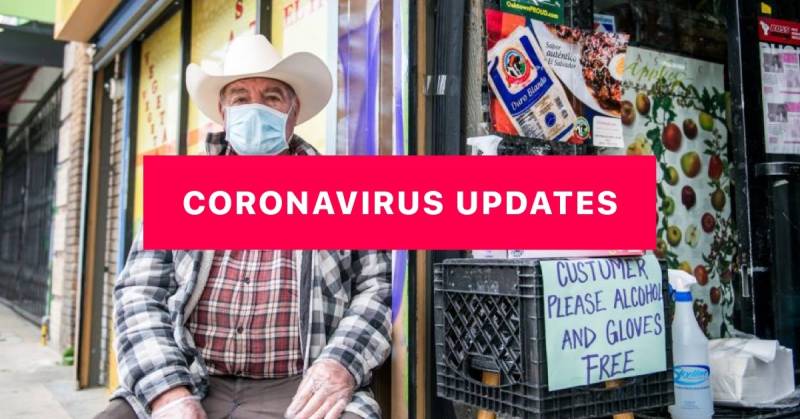What would normally be broad constitutional protections for freedoms of assembly, religion — even buying guns — may be curtailed when they endanger others during the coronavirus pandemic, California’s top law enforcement officer said in an interview.
The state has been sued over all three during its shutdown as government officials pick winners and losers in deciding which businesses and activities can operate and which can’t.
But in an interview with The Associated Press on Thursday, Attorney General Xavier Becerra said officials have broad authority to do what they think is necessary to slow the spread during the virus pandemic, even if that trumps normal fundamental freedoms.
“The Constitution remains in place,” Becerra said. “The Constitution — U.S. and our state constitution — has provisions in it that address emergencies like this. And so I don’t think there’s any doubt that for the protection of people’s not just their health but their lives, our government must take actions which protect our communities and the individuals in those communities.”
Three Southern California churches this week sued Gov. Gavin Newsom and other officials including Becerra, saying the state’s social distancing orders violate the First Amendment right to freedom of religion and assembly.
A lawsuit last month by libertarian economist and actor Ben Stein argues that California’s unprecedented stay-at-home orders have effectively created a “soft police state” that put 40 million residents under the equivalent of indefinite house arrest, violating guarantees of freedom of assembly.
And several groups representing gun owners or buyers have filed multiple lawsuits alleging that some officials are restricting Second Amendment and other constitutional rights.
People still have the right to practice their religion, Becerra said, but “no one is entitled to endanger the life of someone else simply so that he can extend the exercise of his or her religion beyond means that would now start to imperil the health and life of another person.”
Attorney Harmeet K. Dhillon, a Republican Party official and chief executive of the nonprofit Center for American Liberty that filed the religious freedom lawsuit, said officials could require congregants to wear masks and stay a safe distance apart, the same as for other essential activities such as shopping for groceries.
But they can’t halt such gatherings entirely, she said.
“It’s a disappointingly shallow response to a very complex question involving a fundamental right,” she said of Becerra’s reasoning. ”It’s not his place to tell us how to worship.”
--The Associated Press

